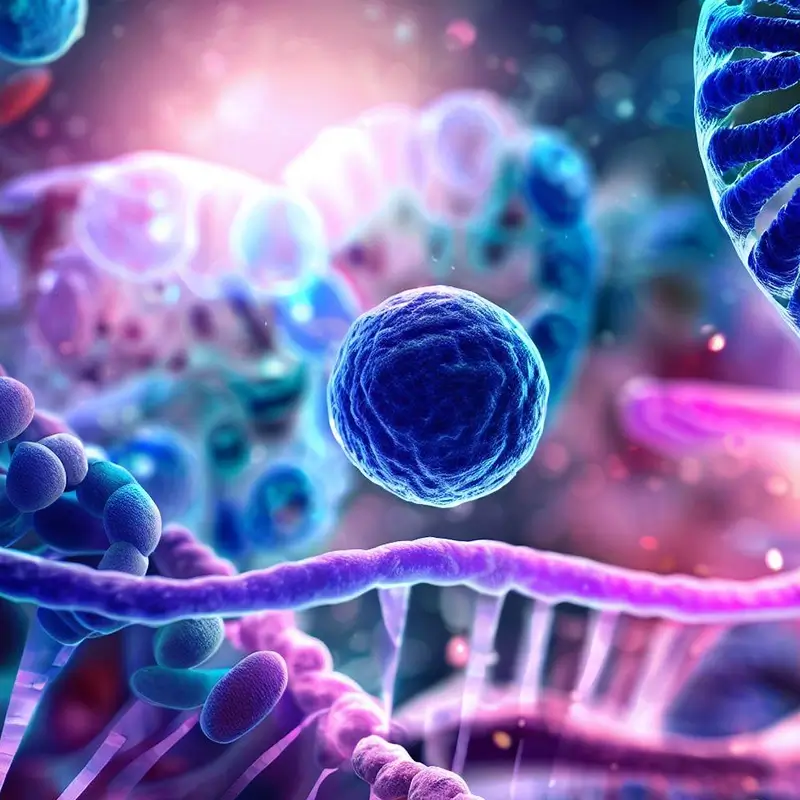Home » Research
The focus of our research is to understand the role of non-coding regulatory genome in human diseases. Major efforts are being made towards understanding how transcription factors bind and control gene expression through gene regulatory elements such as promoters and enhancers in the context of 3D-genome.
Major lines of research:
We utilise dynamic and novel cell fate conversion methods to study the early regulatory events in pancreatic cancer – one of the most lethal cancer types currently lacking clear diagnostic markers and effective treatment options.
By combining our novel approach to multi-layered omics data from next-generation sequencing-based methods, we can study how lineage-specific transcription factors collaborate with oncogenes to orchestrate early events of tumorigenesis at single-cell resolution.
In addition, using machine learning-based methods and comprehensive in silico analysis, we aim to identify key transcription factors that are important for cell states in different stages of tumorigenesis i.e. from cancer initiation to metastasis and also during treatment response to understand the mechanisms of drug resistance.


Non-coding genome is a vast resource of regulatory elements utilized by transcription factors to orchestrate cell type- and context-specific gene expression. Cancer cells can hijack and repurpose these elements for activating tumorigenic signaling pathways.
Our goal is to understand enhancer reprogramming and malfunction using a plethora of functional genomics methods in several cancer types originating from cells of endodermal lineage namely pancreatic, colorectal and prostate cancers.
We also focus on repetitive transposable elements which comprises half of our non-coding genome to understand their role as gene regulatory elements like enhancers and their usage by sequence-specific transcription factors in human cancers.
In this translational project, we are studying the role of defined lineage-specific transcription factors and epigenome reprogramming during pancreatic cancer progression using biobank samples. The focus is to delineate the distinct cellular states arising out of epigenetic reprogramming in pancreatic cancer.
Endometriosis is a severe disease affecting 1 out of 10 women currently lacking any defined treatment. We aim to delineate the molecular determinants of the disease and factors controlling the epigenetic state using defined cellular models. The goal is to find the mechanisms of transformation and progression to clear cell or endometriosis-associated ovarian cancer.

